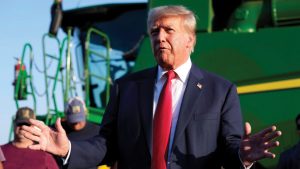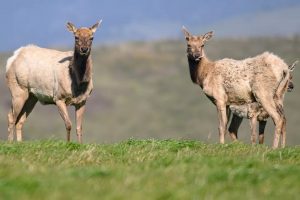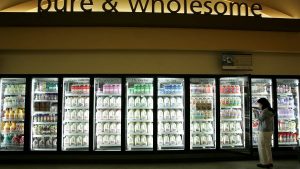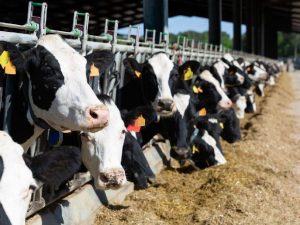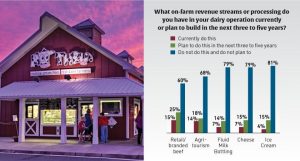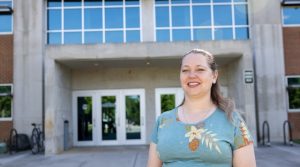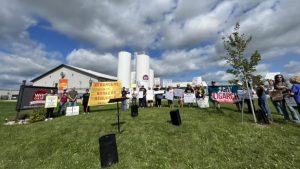
Although dairy producers have made leaps and bounds in the efficiency and productivity of the cow in the last five years, Mark Doornink of VES-Artex says the facilities haven’t kept up. “We’re putting a smart animal in a dumb environment – it’s like putting Michael Phelps in a kiddie pool. The facilities haven’t kept up to the high-performance athlete that today’s cow is.”
The back of the barn, which Doornink defines as the home of cooling, ventilation, lighting, curtains pumps and scrapers, has more or less stayed the same in the past five years. Numerous screens and monitors, connected to equipment across the farm, feed into several different apps and programs, maybe even on different devices.
Doornink identifies two opportunities for streamlining dairy barns to get them up to par with the performance of the cow: 1) centralizing the controls and monitors for all of the equipment into one place, and 2) narrowing the variation that the environment introduces each day.
“One hundred percent of the daily variation comes from the environment – every day, the physiological needs of the cow are variable,” Doornink says. He summarizes the cow’s daily needs into his “Maslow’s Hierarchy for a Cow:” air, food, good water, shelter, safety and rest. “Every dollar we spend should go to the cow. Every ounce of energy we spend should be measured, as well as outputs.”
The Dairy Barn Operating System (DairyBOS) from VES-Artex brings the back of the barn up to speed, streamlining communication not only between systems on the farm, but also between the environment and the systems – and most importantly – between the cow and the systems. Doornink says this allows producers to keep the focus on the cow.
Using sensors, probes, panels and military-grade motors throughout the barn, Doornink says DairyBOS is helping the farm understand how their management practices affect both cows and calves. “Has wind speed and direction facilitated natural ventilation? How does winter ventilation rate manage ammonia levels? What have temperature and humidity been for the last week? Has ventilation controlled the inside environment properly?” Not only can these questions be answered, but the resulting solutions can be automated, to some extent.
Doornink carefully differentiates between knowing the air temperature inside or outside the barn and knowing the cow’s body temperature – and setting up fans, misters and shades to be proactive and reactive to the effects the environment is having on the cow.
“When we pay attention to them and invest in them, they reward us with health, longevity, efficiency, productivity and profitability,” Doornink says.
Doornink, VP of Product Management, has decades of experience in dairy production and management. He presented “Smart Barn Technology at your Fingertips” as a Knowledge Nook session at the 2021 World Dairy Expo in Madison, WI. View the full recording here. https://www.facebook.com/VESArtex/videos/266318002022819




